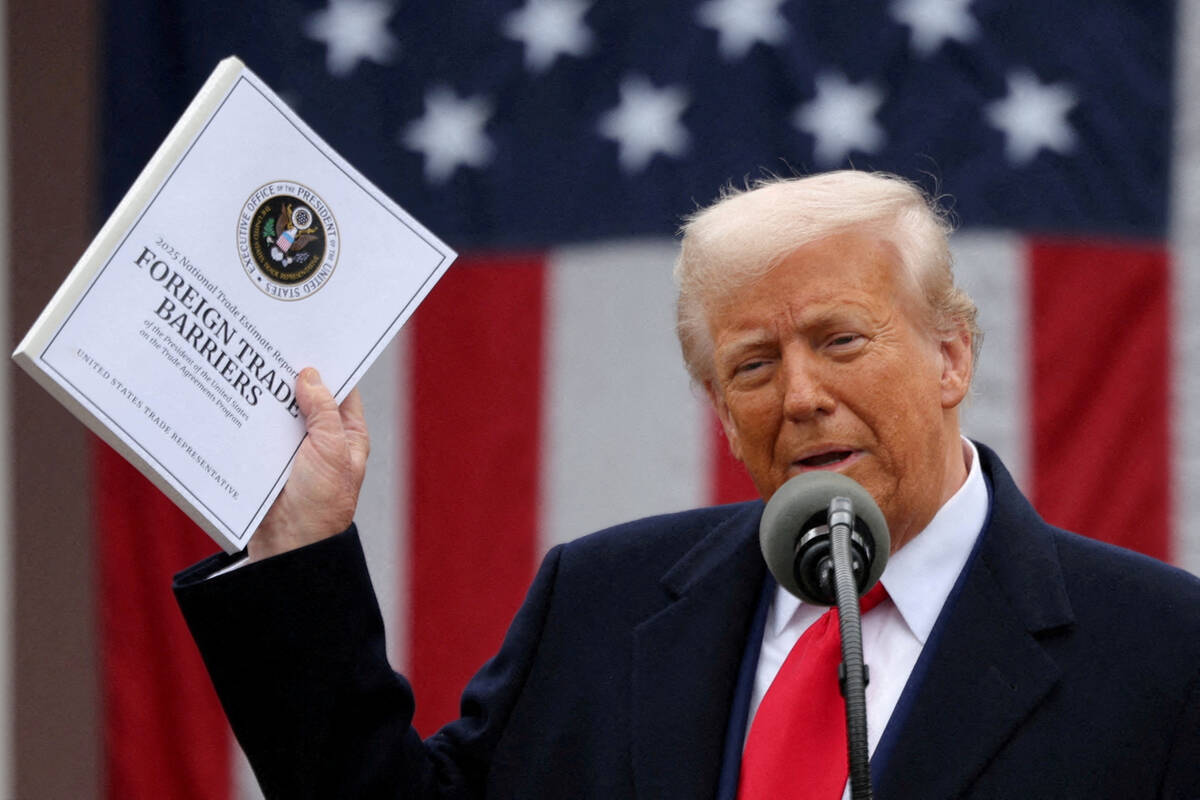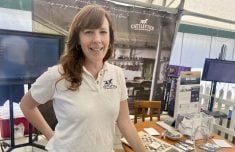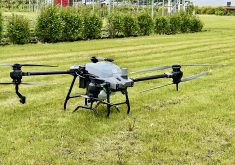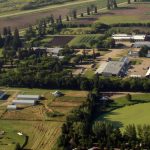Why can’t we?
In the midst of a career building successes for himself and others, Kim McConnell sees a recipe for solving the question that’s been nagging him for decades.
Every fundamental seems lined up in our favour. In fact, to a business mover and shaker like Kim McConnell, it’s almost incredible that the deals haven’t just started happening by themselves.
Except, McConnell has been in business long enough to know that real change takes enticements, plus the threat of punishments. Otherwise, it isn’t commitment, it’s only words.
Read Also

Producers aren’t panicking over tariffs and trade threats
The Manitoba Canola Growers Association (MCGA) surveyed its members this spring to get a sense of how trade uncertainty was…
Echoing so many others, McConnell says Canada has got the climate and it’s got the soils. We’ve got the pristine environment, fed by mountain streams and overlooked by maples as red as a lumberjack’s flannel — the sort of images that every food maker around the globe would love to run in their commercials.
We’ve got superior farmers, and our farmers have the world’s best IP systems, backed up by cutting-edge science and technology.
How, McConnell asks, can we not be the world’s preferred ag producer? How can we not be in such great demand that we’re earning premiums on virtually every acre?
“Why aren’t we there already?” he repeats.
McConnell and I have met in a downtown Calgary hotel for breakfast, and he has zoned in the full power of the concentration that in 2006 saw him named both the Ernst and Young entrepreneur of the year and the Canadian Youth Business Foundation mentor of the year.
“Preston Manning — that man is smart — told me in two minutes what I had got wrong,” McConnell says. He’d met Manning and sketched for him his vision of how the world’s food makers could be persuaded that Canada is their very best source of crops and livestock, and McConnell had detailed how the transition could be driven to success.
“The idea is good, but government is exactly the wrong place to start,” Manning told McConnell. “Farmers and industry have to drive this thing or it isn’t going to happen.”
Since then, McConnell has stepped down as full-time CEO of AdFarm, the Calgary-born communications and marketing agency with clients like Bayer CropScience, Dow AgroSciences and Farm Credit Canada, among a myriad of others, that now has offices in Guelph, Fargo and St. Louis.
Now McConnell is strategic advisor to the company, keeping his involvement with clients but jettisoning the day to day HR and budgeting responsibilities. He also has an active interest in the family farm and hog operation. “I don’t need a paycheque,” McConnell says. “I need to do things I passionately believe in.”
What he believes in is Canadian agriculture. That said, however, his business background has also taught him to believe in structure, and the financial clout to achieve your goals.
“We must do a better job of attracting new capital into Canadian agriculture,” McConnell says. “From a business leader’s point of view, we are seriously undercapitalized.”
Attracting that capital, McConnell says, means attracting believers.
But, he adds, that should be an easily achievable goal for agriculture. Easy, that is, if we formulate and live by an achievable vision.
For McConnell, it’s time to look at and learn from ag sectors that are pointing the way, such as Canada’s pulse industry, overseeing production and marketing of edible bean crops to buyers around the globe. “It’s an industry built on the skill and the dependability of the farmer, with those traits continued all the way through to the end customer,” McConnell says.
Food makers who buy Canada’s pulses can claim the same advantage that Dell and IBM achieved with stickers saying “Intel Inside”, McConnell says. “That’s where we can go.”
Such a future will be based on quality and on traceability, McConnell says. It will be based on recognizing that we produce food ingredients for food makers and retailers who want to be perceived by their customers as having the best quality, the best safety, and the best environmental friendliness… in short, the best values.
To get all of Canadian agriculture moving toward that model won’t be easy, he agrees. Producers and value chain participants will need to be rewarded. That will take co-ordinated marketing and development.
Equally important, McConnell says, individuals who will need to risk economic penalties. “If a railway gets a container late to port, they’ve got to be punished,” McConnell says.
“Right now, the Canadian model is to be the lowest margin producer in a system that’s headed for collapse,” McConnell says. “A better future is there, waiting for us if we’ve got the vision to grab for it.”
Then McConnell picks up his fork and knife to cut into the breakfast that the server has brought while he has been so focused on making his point. “There’s a role in Canada for some of us to be mouthpieces,” McConnell says. “We believe that if we all work together, we can make the pie bigger. There’s a healthier, more vibrant agriculture at the end of this.”















